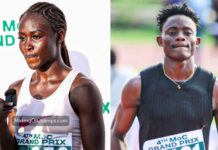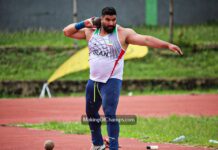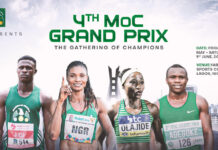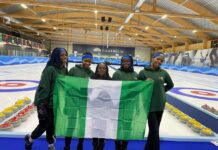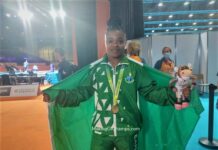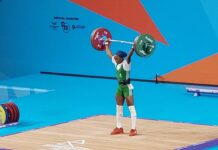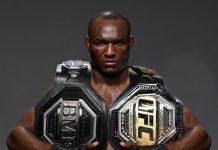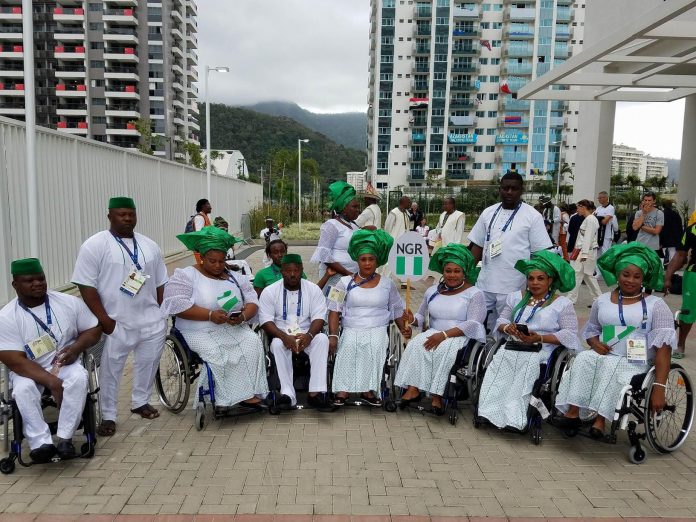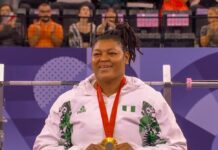When the curtains fall at the Rio 2016 Paralympics, Team Nigeria will hold its head high knowing that they have had not only an eventful and thrilling Games, but also that these past ten days have been a fulfilling one which they will surely remember for years to come.
At the last Paralympics outing in London four years ago, Nigeria won a total of 13 medals: 6 GOLD, 5 Silver and two Bronze, which saw the country finish in 22nd position then.
However in 2016, Nigeria has made a huge leap, going up ten places to rank 12th on the log (this position comes at the end of their Athletics participation, and it’s subject to change when all events are concluded)
With a total of 12 medals: 8 GOLD, 2 Silver and 2 Bronze, the 2016 Nigerian Paralympics team surely did not disappoint, toeing the paths of their predecessors who had won medals at each edition of the Games since the country made its debut at the Barcelona 1992 Paralympics.
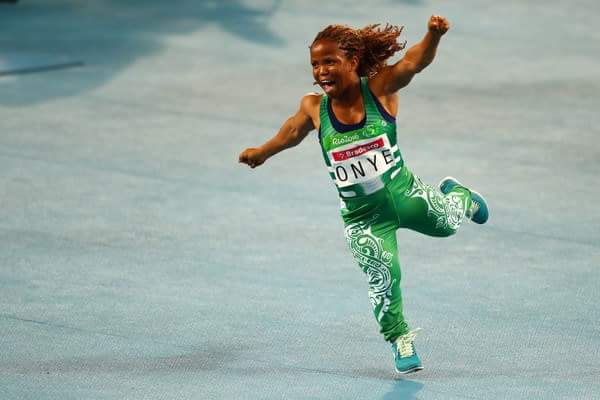
Inevitably, there will be comparisons drawn with Nigerian Olympians who compete at the Olympics. Why do the Paralympians excel more than able-bodied Olympians? Is not as if these Special athletes are getting better treatment from the Federations than their peers in the other divide.
It still beggars belief how Special athletes have been so successful in 24 years, when it is obvious they are not getting a better deal than the Olympians.
Prior to the Rio Paralaympics, Nigeria had won an impressive 45 medals: 22 gold, 11 silver, and 12 bronze. Now add the current 12 medals and it’s 57 we are talking about, more than double the total tally of 23 medals Nigeria has won at the Olympic Games.
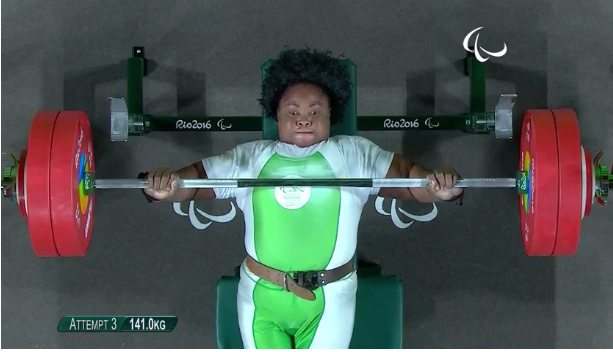
There could be more to this than we know, as the Paralympians repeatedly bails out Nigeria by churning out good performances to etch their country’s name amongst the top nations at the Games.
Going to Rio, Nigeria took just 23 athletes and registered to compete in three sports: Powerlifting, Athletics and Table Tennis. Medals were won in both Athletics and Powerlifting. There might not have been any medals from Table Tennis, but worthy of mentioning is the feat of Chinedu Nick and Ahmed Koleosho who got to the quarterfinals of Men’s Team – Class 4-5 Table Tennis event where they lost to Turkey.
Its hard to pick out what has been the best Nigerian performance, because there were some breathtaking ones which gave the country global recognition at the Games.
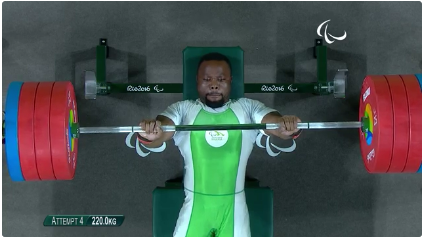
Six Nigerian athletes broke the World Records (WR) in their events, in some instances they did it twice or thrice while still competing to win GOLD. While Six came from Powerlifting, Athletics accounted for the other two WRs.
Not wanting to sound like “Oliver Twist”, Nigeria possibly could have won nine GOLD medals if Yakubu Adesokan had competed, with reports that he missed his Powerlifting event having arrived late. Remember he won GOLD in the men’s -48kg event four years ago in London.
Or maybe more medals could also have been won through Lovina Onyegbule and her guide Chidozie Kalu, if they hadn’t been disqualified in the women’s -T11 200m event after winning heat 2 of the first round.
Surely there is nothing to complain about Nigeria’s Paralympians. They have been a source of inspiration and heightened hopes of what a Nigerian athlete is capable of if the right things are done.
If it is any consolation, Nigeria will most likely finish the Rio Paralympics as the highest ranked African team if they remain in 12th after the Games.
Come Tokyo 2020 Paralympics, no doubt Nigeria will still continue its dominance, not just in Powerlifting where the bulk of the medals have come from, but also in Athletics where three medals were won in 2016.
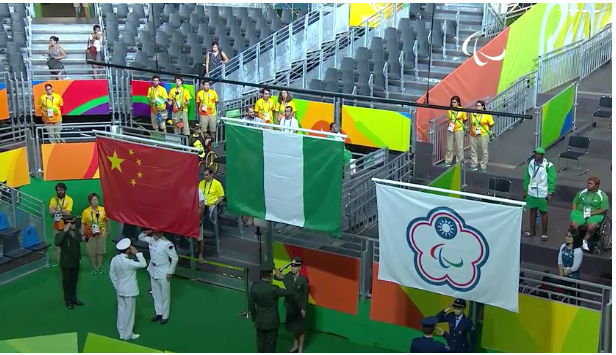
Do you know that: Nigeria won three medals during its bow at the Paralympics at Barcelona 1992? Adeoye Ajibola won two gold medals in Athletics and Monday Emoghawve in Powerlifting.
